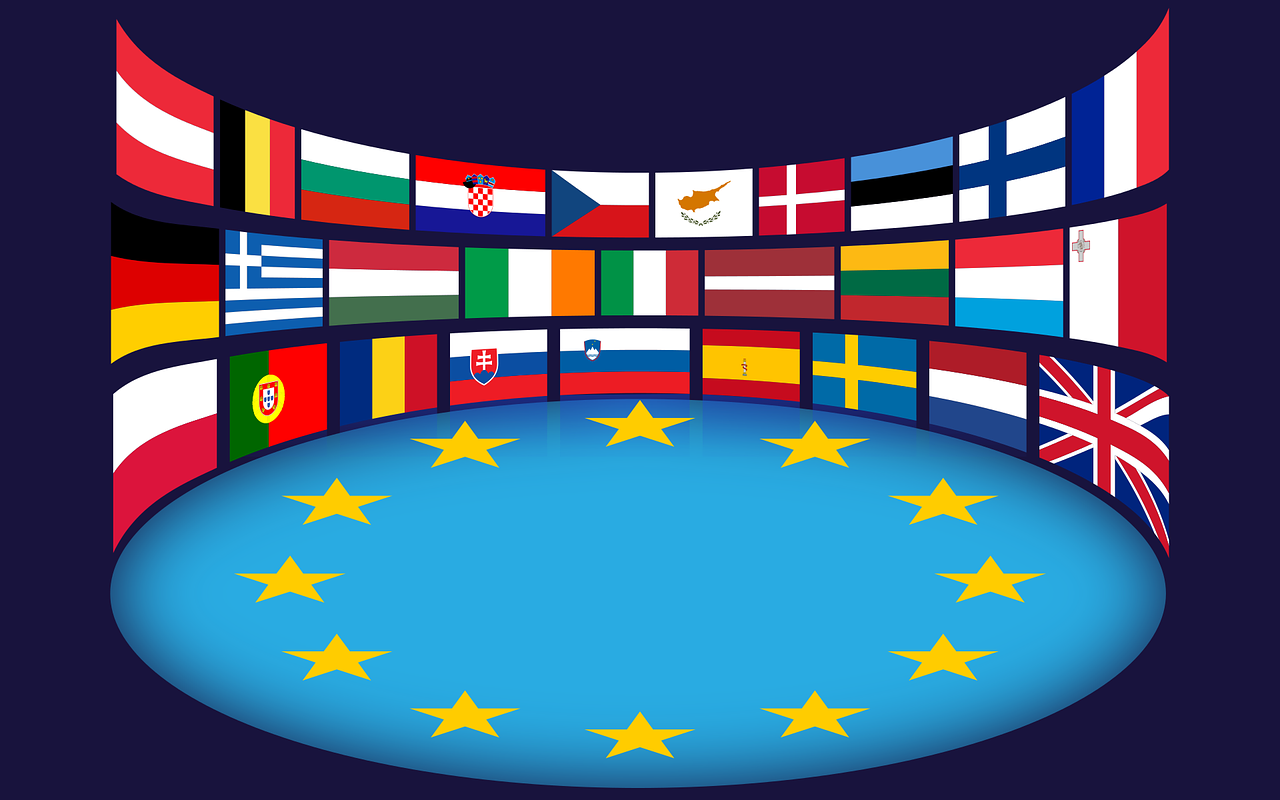
Moldovans are pro-Europeans, with a May 21 rally spearheaded by President Maia Sandu to support the country’s entry to the European Union (EU) attracting more than 75,000 people.
By comparison, an anti-government protest by the pro-Russian party in March drew around just 4,500. For the first time since independence in 1991, a leap in European integration is within reach for the country of 3.25 million. However, the scale of reforms still to be completed is staggering. The government has world-class players at the top and weak institutions beneath, and many young people take Romanian passports to find better opportunities in the EU.
The Kremlin has launched constant attacks, causing different degrees of harm, since last year. President Sandu stated in February that she had been informed by Ukrainian intelligence services of Russia’s plans to stage a coup, with anti-government groups seeking to mobilise the economically vulnerable. In March, energy prices and the cost of living were used to call for protests against Sandu and the pro-EU government.
But the signs are that the reformers need a hand in ensuring that the country’s progress towards the EU cannot be reversed. In May, Ilan Șor’s opposition party triumphed in elections in autonomous Gagauzia. The fugitive from justice lives in Israel, but the lack of strong financial institutions in Moldova means that the government lacks the means to prevent illicit flows of cash to his agents and proxies in the country. Without advanced financial investigation mechanisms to ensure compliance, the EU’s decision to sanction persons responsible for undermining the sovereignty and independence of Moldova are fairly ineffective. To address these threats, more support must be given to public administration reform, mid-level advisers in ministries and government agencies.
The current window of opportunity in Moldova may not last forever, and Sandu’s reform-minded government may come up against populist resistance fuelled by Russia.






